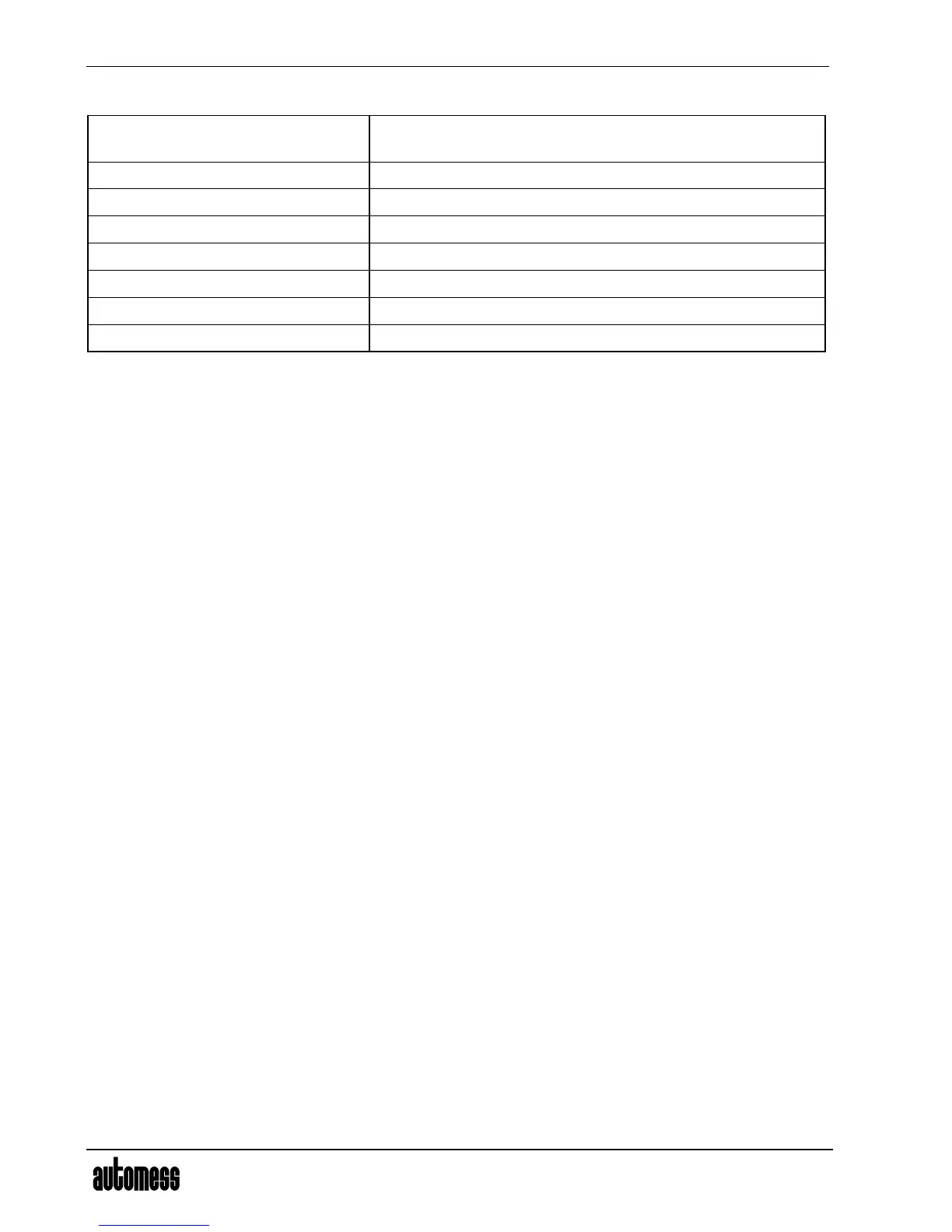Wall Holder with AC Adapter 761.13
wall holder with AC adapter for stationary operation of the
165 x 90 x 38 mm³ (excluding AC adapter)
approx. 370 g (excluding AC adapter)
requires two countersunk screws (not included)
230V~ / 50 Hz / 56 mA / 13 VA
Serial Interface of the 6150AD
This section addresses to users who would like to read and process the dose rate the 6150AD transmits at
one-second intervals. For this purpose we shall explain data format in detail.
First please note that the interface’s electrical properties (voltage levels) do not exactly meet RS232
This means that the 6150AD does not output the logical 1 as a negative voltage, but as ground level.
RS232 does not define levels in the range of -3V to +3V, which means it is up to the receiver whether it
reads ground level as a logical 0 or 1. However, in practice all PCs read ground level like the negative
level, that is as the logical 1. For this reason we decided not to generate a negative voltage for the
interface only, which would have meant useless extra effort. Apart from extremely rare exceptions, the
6150AD’s non-standard ground level will not cause any problems.
Interface parameters are as follows:
4800 baud, 8 data bits, no parity, 1 start bit, 1 stop bit.
There is no handshaking. For example, if you would like to read the data with a BASIC program through
a PC’s COM1, use this statement to open the interface:
OPEN "com1:4800,n,8,1,rs,cs,ds,cd" FOR INPUT AS #1
Format of the transmitted data is binary, which means the data have to be decoded before they can be
displayed on the screen. Once per second the 6150AD transmits the following string of six bytes:
1. STX (»start of text«, binary 2) as start character
3. MLO mantissa of dose rate (low byte)
4. MHI mantissa of dose rate (high byte)
5. EXP exponent of dose rate
The check sum (last byte) is the XOR (eXclusive OR) of bytes 2 through 5 and serves to detect
transmission errors. If the receiver (PC) recognizes a transmission error because the check sum does not
fit the preceding bytes, it has to discard the string and wait for the next one. There is no way to ask the
6150AD for a repetition of the last string.
